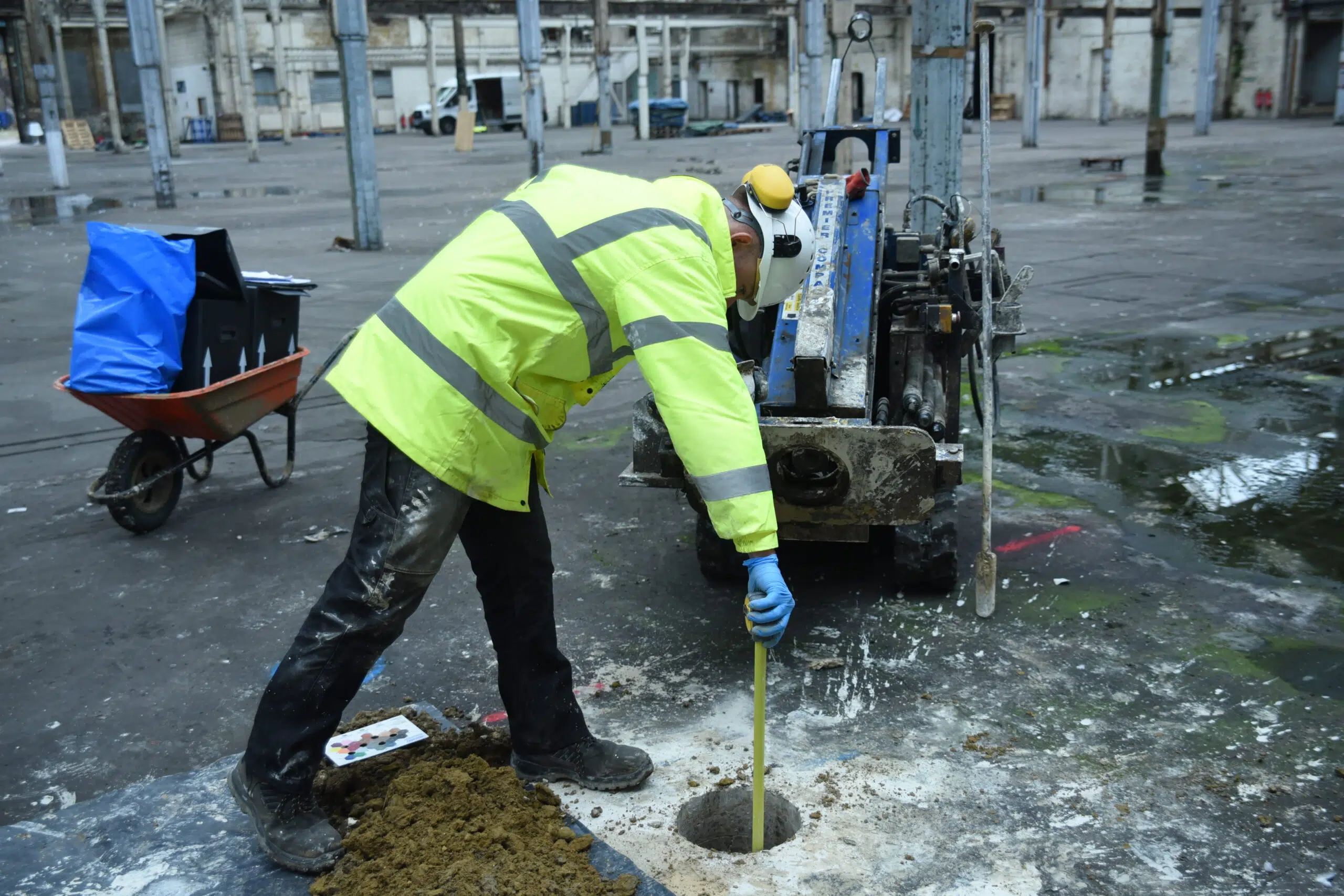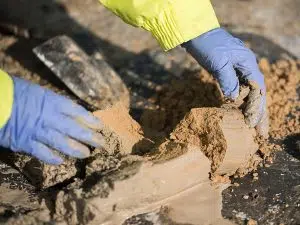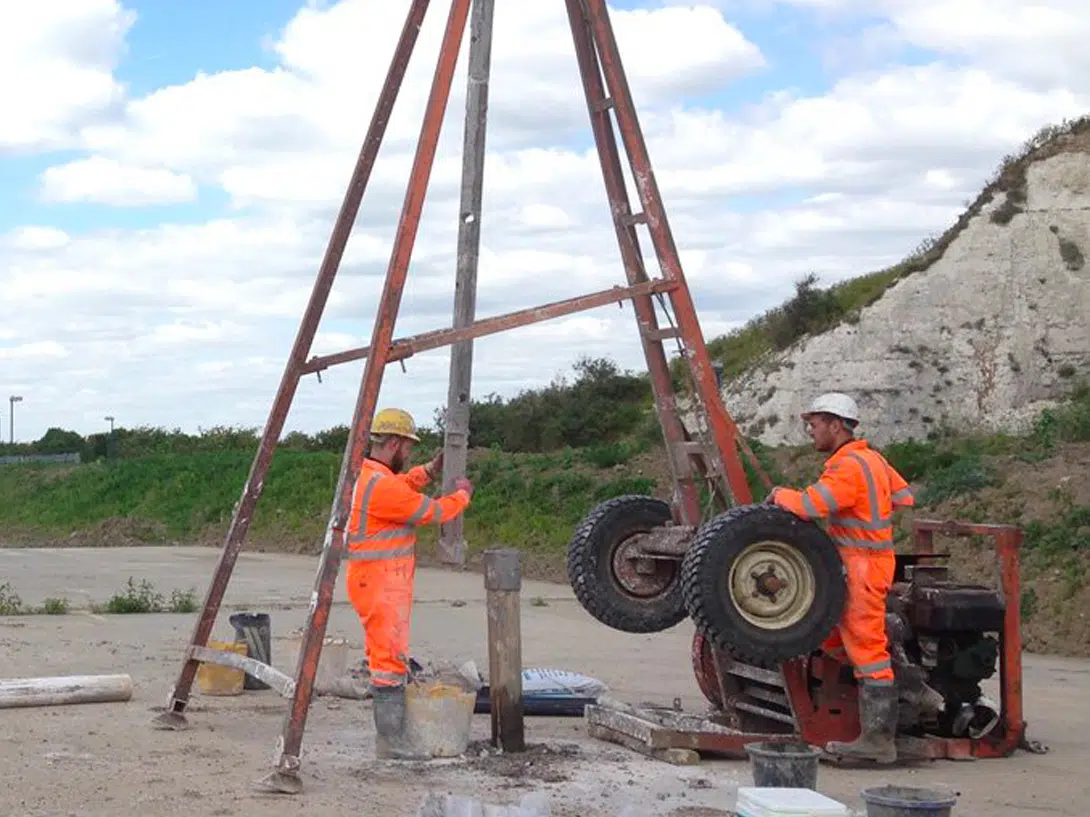
If piling is part of your construction plans, a piling risk assessment could be a vital step to avoid potential problems that could disrupt your project, including:
Piling risk assessments are now explicitly referenced within the Environment Agency’s Land Contamination Risk Management Guidance and are increasingly becoming a prerequisite for development planning on sites affected by land contamination.
These assessments play a crucial role in helping regulatory authorities understand the environmental impact of a project, especially when there’s a risk of groundwater pollution. If your site is situated in a highly sensitive area with regards to groundwater resources, neglecting to undertake a piling risk assessment could cause problems as you advance towards the construction stages of your project.
Piling and penetrating ground improvement techniques can have adverse environmental impacts when deployed on contaminated land, resulting in the creation of pollution pathways, such as:
Conducting a thorough piling risk assessment is therefore essential to identify and address potential pollution risks to sensitive aquifers.
The Environment Agency has published comprehensive technical guidance that assesses risks associated with piling and penetrative ground improvement methods, focusing on pollution prevention.
Our piling risk assessments adhere to the guidance provided in the ‘Piling and Penetrative Ground Improvement Methods on Land Affected by Contamination: Guidance on Pollution Prevention, National Groundwater and Contaminated Land Centre Report NC/99/73, Environment Agency 2001′.
This invaluable technical resource outlines a clear process that professionals and engineers should follow when selecting appropriate piling methods and implementing necessary mitigation and monitoring procedures.
To determine whether your construction site requires a piling risk assessment, you should consider the following steps as early as possible to avoid delay:

Our team of specialist consultants have gained extensive experience in producing compliant piling risk assessments and supporting ground investigations for former gas works, boiler houses, and landfills. This has resulted in clients gaining regulatory approval from planning authorities and the Environment Agency.
Contact us today to discuss your piling risk assessment requirements, so you can get your site approved and built.

Contamination is not always something that can be seen; often contamination is invisible, buried below ground or is present in perfectly normal looking topsoil.
This is a question...
What is a Phase 1 Desk Study? A Phase 1 Desk Study will determine if contamination could be present at your site, and importantly, if that contamination poses a risk to future site users or the environment. Why is a Phase 1 Desk Study needed for this site? If the Desk Study finds that the […]
What is a Phase 1...
When you are looking for an Environmental Consultant, it is important to choose the right one to guide you through the process. At Lustre Consulting, we are committed to our core values of being: Supportive: To support our customers as best we can professionally and personally. Reliable: Going out of our way to deliver a […]
When you are looking...
In October 2020, the Environment Agency (EA) published a new set of guidance documents on the management of Land Contamination. Land Contamination Risk Management (LCRM) replaced the long standing risk assessment and remediation methodology set out in CLR11, which has been formally withdrawn. The assessment of land contamination as set out in CLR11 is widely […]
In October 2020, the...